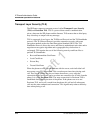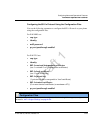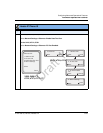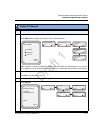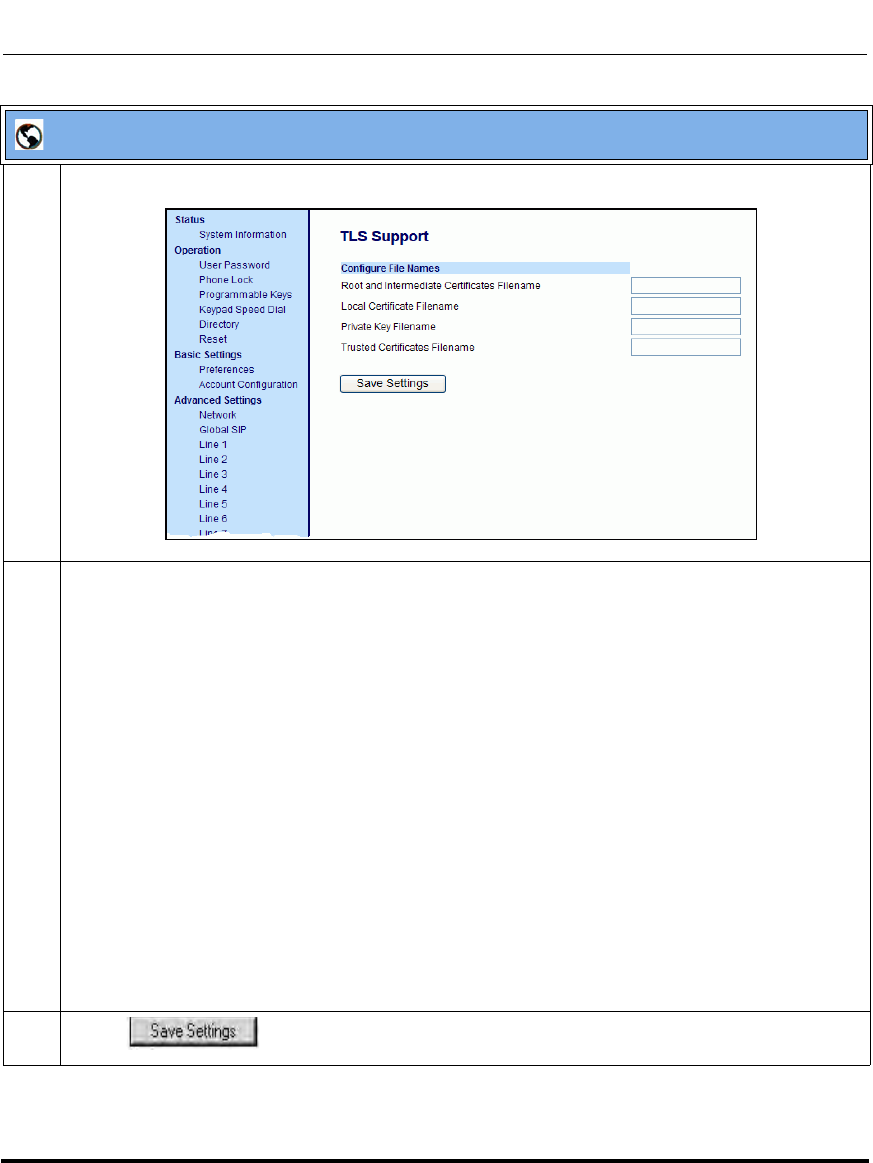
Advanced Operational Features
6-30 41-001160-03, Rev 00, Releaes 2.4
IP Phone Administrator Guide
4 Click on Advanced Settings->TLS Support.
5 Enter the certificate file names and the private key file name in the appropriate fields.
The Root and Intermediate Certificate files contain one root certificate and zero or more intermediate
certificates which must be placed in order of certificate signing with root certificate being the first in
the file. If the local certificate is signed by some well known certificate authority, then that authority
provides the user with the Root and Intermediate Certificate files (most likely just CA root certificate).
The Trusted Certificate files define a list of trusted certificates. The phone’s trusted list must contain
the CA root certificates for all the servers it is connecting to. For example, if the phone is connecting
to server A which has a certificate signed by CA1, and server B which has a certificate signed by
CA2, the phone must have CA1 root certificate and CS2 root certificate in its Trusted Certificate file.
Notes:
1. If configuring TLS, you must specify the files for Root and Intermediate Certificates, the Local
Certificate, the Private Key, and the Trusted Certificates in order for the phone to receive calls.
2. If configuring Persistent TLS, you must specify the Trusted Certificates (which contains the trusted
certificate list). All other certificates and the Private Key are optional.
3. The certificate files and Private Key file names must use the format “.pem”.
4. To create custom certificate files and private key files to use on your IP phone, contact Aastra
Technical Support.
6 Click to save your changes.
Aastra Web UI
Draft 1







